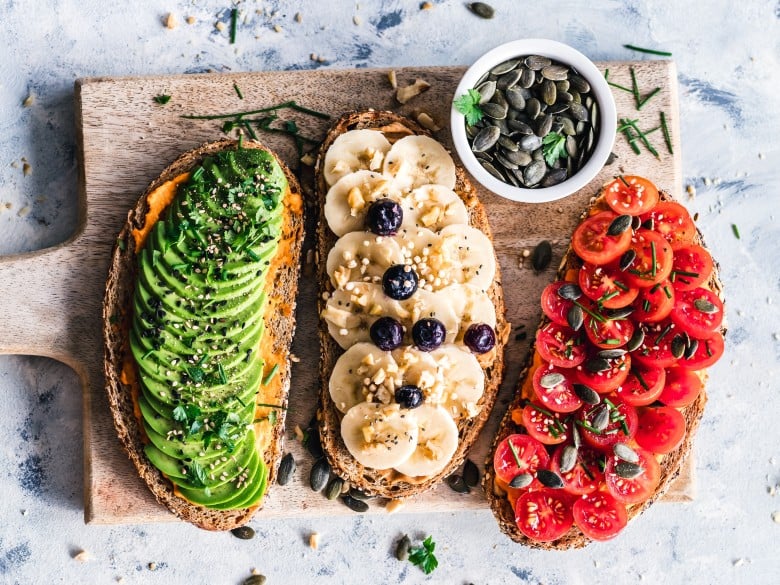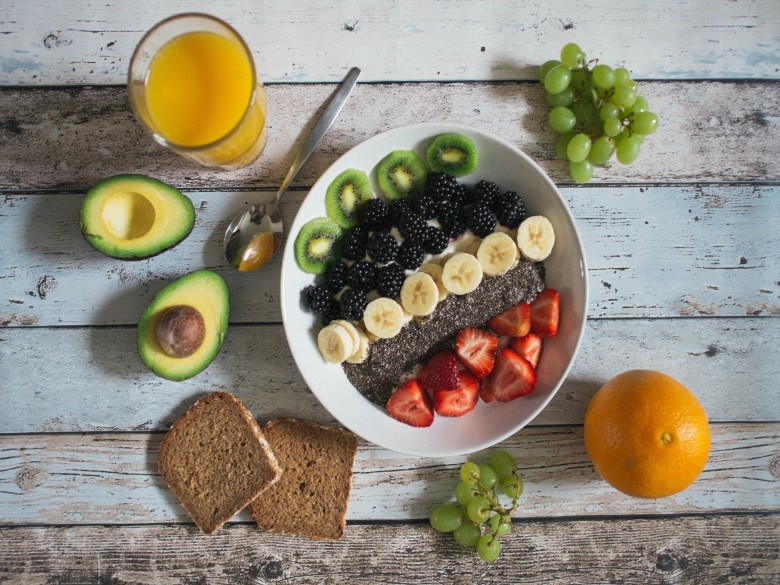
A shift towards a plant-based diet is becoming popular in religious communities across the globe now more than ever. It’s no surprise that this trend has become common in religious communities across the globe. After all, religion plays a key role in our lives.
Religion acts as a guide and comforts us on our journey through life. It influences what we do and what we eat. Before we get to the influence of religion on eating habits, let’s define a plant-based diet.
What Is A Plant-Based Diet
A plant-based diet involves eating foods that mainly come from plants. For example, a person on a plant-based diet may eat fruits and vegetables. They may also consume seeds, whole grains, beans, nuts, oils, or legumes.
I know what you are thinking. A plant-based diet sounds the same as a vegan or vegetarian diet. However, a plant-based diet is not the same as a vegan or vegetarian diet.
A plant-based diet does not mean that the individual does not consume meat or dairy products. They simply eat more plant foods and less meat and dairy products.
A vegan diet includes foods from plants and excludes all animal products and byproducts. In contrast, a vegetarian diet includes plant foods but does not contain meat, poultry, or seafood. A vegetarian diet can also contain eggs, cheese, or milk. Now that we’ve got definitions out of the way let’s look at some religions that encourage a plant-based lifestyle.
Religions That Encourage A Plant-Based Lifestyle
Many religions are associated with plant-based diets, including Hinduism, Buddhism, and Jainism. Ahimsa heavily influences these 3 religions.
Ashima means non-violence to all living things, which includes animals and animal products.
Judaism has 3 key concepts mentioned in the Torah related to a plant-based diet. First, animals should be treated with kindness. Second, God provided plant foods for his people, and third, meat consumption was permissible when individuals hit rock bottom spiritually.
Similarly, Jainism values life in the highest regard. This religion teaches all life, including plants and animals, have a soul. Therefore, people should avoid violence.
Most plant foods are ok. However, some individuals do not consume root vegetables such as potatoes and carrots. During harvesting, small insects in the soil may get hurt, so these foods are not encouraged in Jainism.
Originally, eating meat was permissible in Hinduism. The animals were a sacred sacrifice to God. Eating the animal was one way to honor God. However, as time went on, modern Hinduism took on the concept of Ahimsa, which led many people to lead a plant-based lifestyle.
Does Christianity Encourage A Plant-based Diet
Many Christians are vegan. For example, Seventh-Day Adventists follow a plant-based diet. Some are fully vegan and exclude all animal products. Others are vegetarian, pescatarian, or lacto-ovo vegetarian and include fish, eggs, and low-fat dairy products in their diet.
Nevertheless, leading a plant-based lifestyle as a Christian is not an obligation. Some scriptures encourage leading a plant-based lifestyle. For example, Genesis chapter 1 says that God gave us every plant that produces seeds as fruit, implying that Christians are supposed to lead plant-based lifestyles.
Another example of this is Daniel 1:8-21. Daniel refused royal food and wine and asked for vegetables and water instead because he did not want to defile his body. Royal foods consisted of vegetables, pistachios, fowl, grapes, meat, lamb, and fish. This scripture implies that meat and seafood are not to be eaten.
In contrast, Mark 7: 18-19 sends a different message. It says that nothing we ingest defiles our bodies. The food goes to our stomach and then leaves the body, so it does not affect what is most important, the heart. Therefore, Christians can choose whether they want to eat meat or lead a plant-based lifestyle.

How Do Religious Beliefs Influence Eating Behaviors
Religion shapes everything that we do, including what we eat. The basis of most religions is love. When you love and value something, you take care of it. The caring spirit that religion instills in us could be why so many people are subscribing to a plant-based diet.
Of all the reasons people choose to go plant-based, health, animal well-being, and the planet’s health are among the top 5.
People, both religious and non-religious, are becoming more health conscious every day. They care about their body and want to remain alive for as long as possible.
Additionally, meat production has a heavier climate footprint and environmental impact on the planet.
Research shows that plant-based foods like legumes, nuts, fruits, and vegetables are better for human health. Plant-based foods are also beneficial for the planet since they have a lower footprint and take fewer resources to produce.
One study found that diet-minded foods such as fat-free, organic, or gluten-free were more attractive to persons with strong religious beliefs because they were deemed pure or morally acceptable foods.
As I mentioned above, Ahimsa means valuing all life. Being nonviolent towards all living things means that we must care about animals.
In the same way, God gave us plant-based sources of food to survive, suggesting we ought to care about animals. This could explain why so many religious people are eating more plant-based foods.
Another reason why more people are leading plant-based diets is because gardens are sacred. A sacred garden is a garden based on a religious theme. They are usually on the temple grounds. This could be a Zen garden, Labyrinth, or in modern times a community garden.
A sacred garden suggests that plant life is sacred. In the same way, early Hinduists sacrificed animals and ate them to honor God; the same argument can be made for leading plant-based foods.
Many plant-based foods such as mint, apple, pomegranates, and nut trees are eaten in the Bible. For example, a Biblical spiritual garden usually has a statue of Jesus or another bible character surrounded by plants. Taking care of the sacred garden, praying in the sacred garden sitting in the sacred garden, or eating food from the sacred garden could help create a stronger relationship with God.
How Plant-Based Lifestyles Affect Religious Practices
Religion is bound to change whether we like it or not, which means our current religious practices may change. Where grilling burgers and hot dogs may have been appropriate at your church events, you may see more plant-based alternatives like burgers made from mushrooms or sweet potatoes and black beans featured on the menu.
Yes, there will be people who resist this change, but it’s just like getting your church community to eat healthier.
The more people learn about eating healthy, the more the conversation will change. The more that people learn about why they should eat plant-based foods (how it affects their bodies, animals, and the Earth), the more they will become interested in a plant-based lifestyle. The more people that convert to a plant-based lifestyle, the more the cuisine will change.
I’m not saying that everyone will magically commit to a plant-based lifestyle. However, more people will be open to and respect a plant-based diet, decreasing some of the tension surrounding a plant-based lifestyle. Ultimately, they will learn about the benefits of a plant-based lifestyle and how it ties in with their religious beliefs, which may influence them to hop on the plant-based bandwagon.












